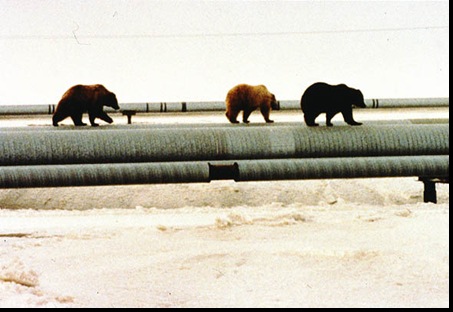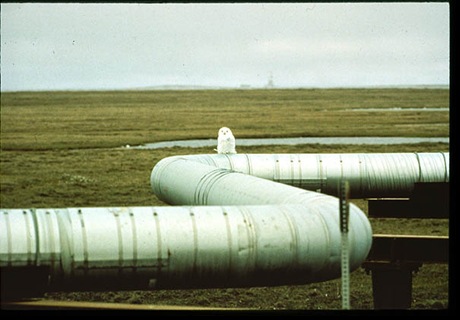"When are you moving?"
I get asked this question every time I mention that we live in Ogden, but I work in Provo. The people asking the question have a point. A 156 mile round-trip commute isn't the most pleasant part of my day, and on snow days I often can't get either down or back.
The short answer is . . . who knows!
Here follows the long answer:
I do know why we haven't moved yet. Besides the wonderful generosity of family, for which we are very grateful, housing prices are not . . . shall we say . . . stable. MSNBC has an article today about the housing market. Apparently none of the measures being taken by the Federal Reserve have done anything to stem the tide of foreclosures or to increase the number of homeowners or the median price of a house. They have a spiffy graphic showing what housing prices have done since 1999:
 Now, this raises two questions in my mind.
Now, this raises two questions in my mind.- Why are homes worth more in the middle of every year and less at the beginning and end?
- How does this track with median income changes over the same period?
So, as to question 2 - the amount a family can afford to pay for a house is related to their income. "Well. . . duh!" you say. Bear with me. It's more obvious when you think about housing prices in terms of years of income. In the UK, for example, the size of a mortgage you can qualify for equals 3 times your annual income (ignoring all other factors). Thus if you earn $50,000, then you can get a $150,000 mortgage. The ratio in the US is a bit more generous, but, same idea. With that in mind, let's look at another chart (thank you Wikipedia):
 If you'll notice, median income peaked in 1999. Since then it has declined.
If you'll notice, median income peaked in 1999. Since then it has declined.Everyone assumes the housing market was healthy in 1999. So, we'll start there. In 1999 median income was about $46,000, and the average home cost about $138,000 (just eyeballing the chart for the end of the year). That works out to . . . let's see . . . carry the 2 . . . oh, yeah, 3 times the median income. Those mortgage people were on to something. I'll call this 3:1 ratio a "healthy ratio."
Now let's look at 2005. Housing prices that year were $230,000 for most of the year, while median income had declined to $45,326. That comes out to over 5 times the median income. Not a healthy ratio.
When I look at the numbers that way, it's perfectly obvious why houses aren't selling. The latest income figures available are for 2007. They show that median income has risen slightly since 2005. It was about $50,000 in 2007. the housing slump was in full swing in 2007, so for that year the ratio declined from 4.6 times median income to 4 times median income.
What really gives me pause is this:
Looking at the income chart, median income starts to slide before every recession, and continues to decline till well after the recovery is underway. As every news outlet in the country recent told us, we are in a recession. Chances are good, therefore, that median income is falling, and has been for a while. (we don't get income figures till after the fact).
If this is one of the sharpest recessions ever, as we are reminded daily, chances are median income will fall steeply, and housing prices will continue to follow until well after the recovery is underway.
With that in mind, I'm going to make some predictions. Since they will be memorialized on the internet, we'll all see what my predictions are worth in a few years. (it's really win-win: if, as is most likely, I'm wrong, you'll all know to stop wasting your time reading my blog, and I'll know to keep my mouth shut on topics of which I am ignorant). These are also the reasons, in my mind, we aren't moving yet:
- I think housing prices will return to something much closer to the "healthy" 3:1 ratio they were at in 1999.
- Prices won't even begin to recover until unemployment starts to fall, and median income starts to increase at the earliest. (probably more like 6 months later).
- All the fancy things lenders did to make up for the increasing gap between income and housing prices are gone for good.
- I think the national median home price will easily fall below $150,000
I think the low prices will stay around a while because 1) All the speculators fueling shows like "Flip this House" lost their shirts (and good riddance), and 2) Lenders will be gun shy for a while, given the number of banks that went under from bad mortgages.
We'll see what happens, but I'm not optimistic for the next few years.
PS - Sorry for the abrupt ending, I tried to think of a good closing with a smooth transition and a hard-hitting conclusion, but I couldn't. The thoughts have stopped, hence so does the post.
...










